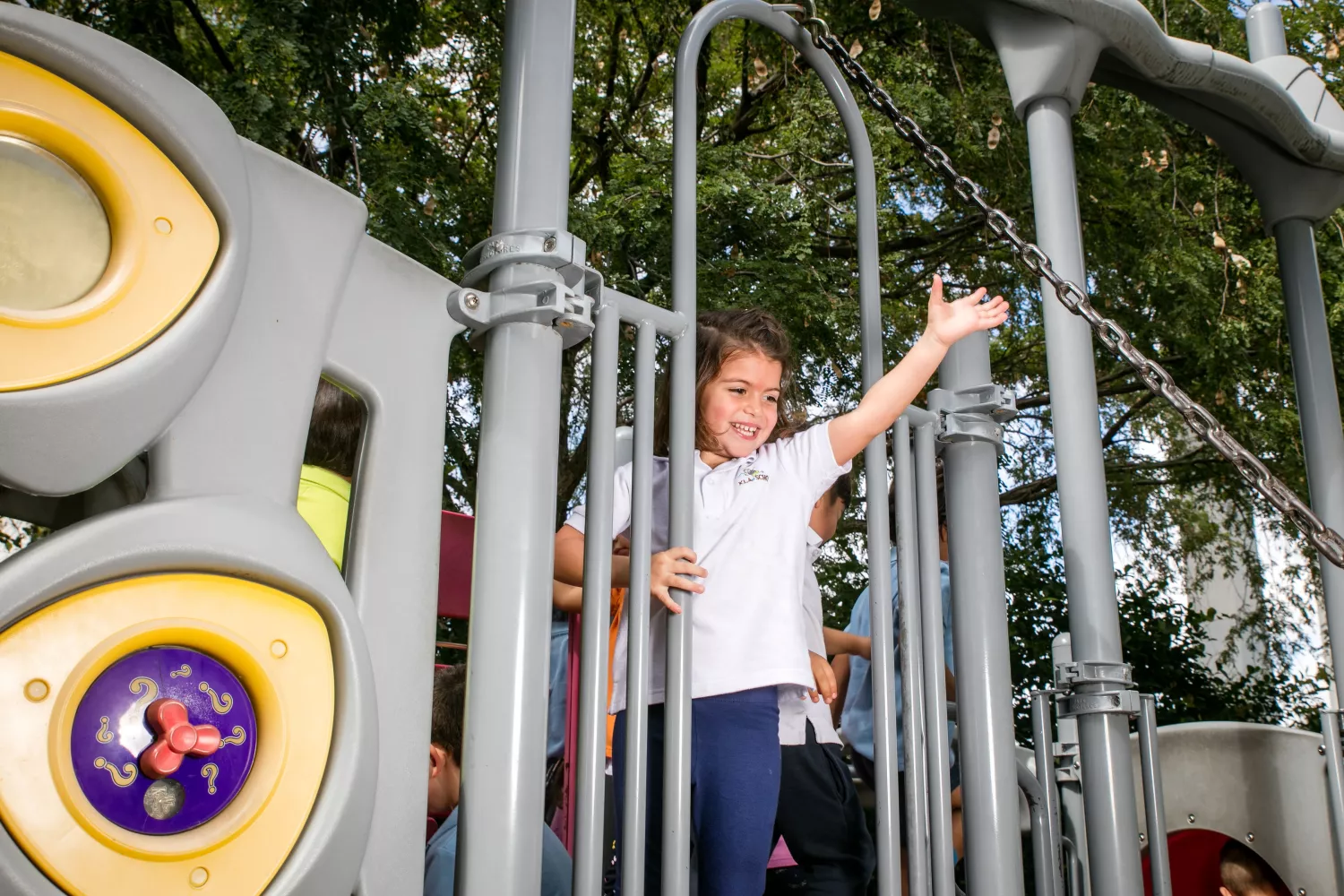Gardening Ideas for Young Children
Topics: Outdoor Activities
Age Range: Preschool
The garden is an ideal place to help your young child learn more about nature and even where our food comes from. Here are some age-appropriate gardening ideas for young children.
- Choose plants or vegetables with larger seeds that are easy for a young child to handle, such as sunflowers, sweet peas, and salad leaves. Have them be “in charge” of planting by dropping them into the soil for you.
- Ask your child to help you when it’s time to harvest the veggies you’ve grown, or when you want to pick some flowers from your garden.
- Provide your child with their own kid-sized watering can, and let them hep you water the plants according to their schedule.
- If you don’t have room for an outdoor garden or just want to give your child a gardening project of their own, you can repurpose an egg carton, filling it with potting soil and putting a seed in each cup. You can cover the carton with plastic wrap to provide a greenhouse effect as well.
- You can also repurpose a large plastic bottle to become a DIY greenhouse. With just a little setup by you, your child can have a gardening project that needs little maintenance.
- Teach your child about the importance of compost and encourage them to help you fill your compost bin with materials such as dried leaves, vegetable scraps, and eggshells.
As always, ensure that your child is supervised at all times while gardening with you, and that fertilizers, pesticides, or any harmful gardening tools are kept well away. Teach your child to never put any seed, plant or berry in their mouth without asking you first.

